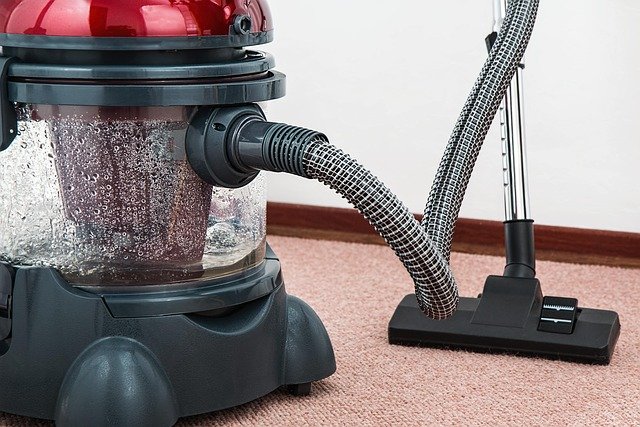Home Freeze Dryer: Uses, Benefits, and Storage Basics
A freeze dryer is a household machine that removes water from food by freezing it and then reducing pressure so ice turns directly into vapor. Home freeze dryers make long-term food preservation practical for small batches, gardeners, hobby cooks, and people who prepare emergency food stores. They preserve texture, flavor, and many nutrients better than conventional drying methods because the process avoids high heat. Understanding how a freeze dryer works, where it fits among kitchen appliance options, and how it affects food storage can help decide whether it belongs in your home equipment lineup.

What is a freeze dryer?
A freeze dryer (also called a lyophilizer) freezes food quickly, then lowers surrounding pressure and adds gentle heat so ice sublimates—converting solid ice to vapor without passing through a liquid phase. The vapor is captured on a cold surface (the condenser) and removed from the chamber. The result is food with most moisture removed but an intact cellular structure, which preserves shape and rehydration quality. For household users, machines range from compact benchtop units to larger cabinet-style models designed for regular batch processing.
How does freeze drying aid food preservation?
Freeze drying slows chemical and microbial spoilage by removing water that supports most decay processes. Because the process happens at low temperature, heat-sensitive nutrients and volatile flavor compounds are retained better than with hot-air drying or canning. Properly packaged freeze-dried food can last many years at room temperature without refrigeration, making it useful for long-term food preservation and reducing waste from surplus harvests. Note that freeze drying does not sterilize food, so safe handling and clean packaging remain important.
Can a freeze dryer function as a kitchen appliance?
Many people treat a home freeze dryer as a specialty kitchen appliance for preserving prepared meals, fruits, vegetables, herbs, and dairy-like items that respond well to sublimation. While not as common as an oven or refrigerator, a freeze dryer complements other appliances by providing a way to store cooked meals or raw ingredients in a shelf-stable form. It requires more space and a power supply similar to other sizeable home appliances, and cycles can take many hours to complete, so it’s used more for batch preservation than daily cooking tasks.
How does freeze drying fit into home equipment setups?
As part of a home equipment collection, a freeze dryer typically sits alongside canners, dehydrators, and vacuum sealers. It requires occasional maintenance: changing vacuum pump oil if applicable, cleaning trays and chamber, and checking vacuum lines and seals. Some units use external vacuum pumps that need compatible oil and filters; others have integrated systems. When planning placement, allow ventilation around the unit and consider noise level during operation. For off-grid setups, factor in continuous power needs and whether a generator or solar setup can support long cycles.
What are the storage benefits for food storage?
Freeze-dried food is lightweight and low in moisture, which reduces the risk of mold and microbial growth when packaged correctly. This makes it ideal for compact food storage, camping, emergency kits, and long-term pantry reserves. Rehydration is typically quick—just add water—and many items restore much of their original texture and flavor. For optimal shelf life, store freeze-dried goods in moisture- and oxygen-barrier packaging (e.g., Mylar bags with oxygen absorbers or sealed jars) in a cool, dark place. Labeling packages with contents and date helps manage rotation and use.
Conclusion
A home freeze dryer offers a way to extend the life and maintain the quality of many foods without high heat, making it a useful addition to home equipment for people focused on long-term food preservation or compact food storage. It is most effective when combined with proper packaging and handling, and it complements other kitchen appliances rather than replacing them. Consider space, power, and maintenance needs alongside preservation goals to determine if a freeze dryer fits your household.





